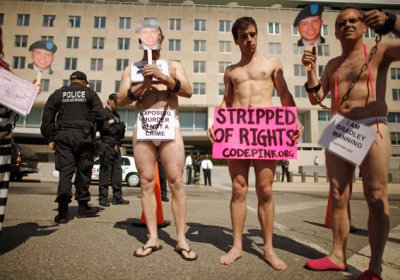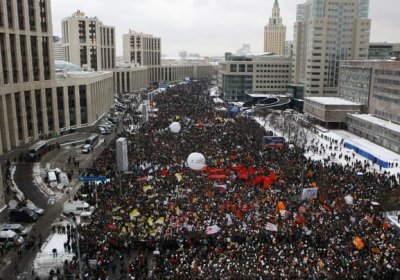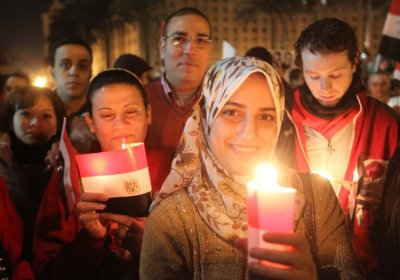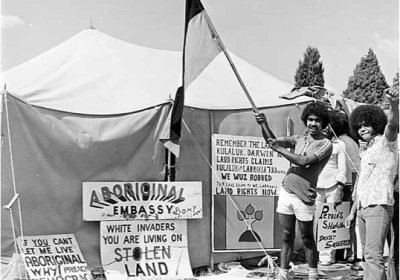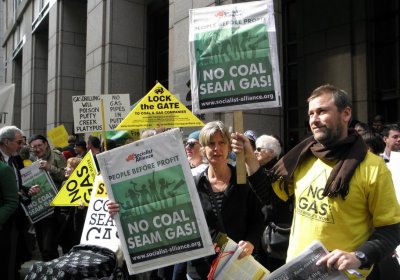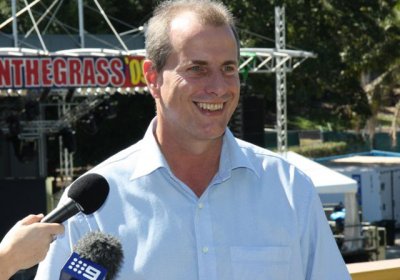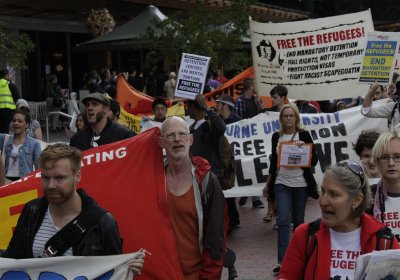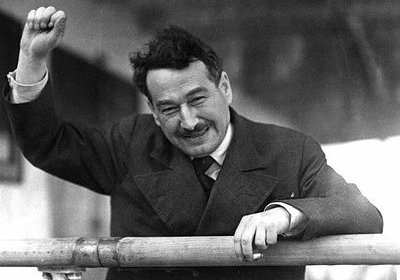907
The global political crisis ― a natural outcome of the continuing economic crisis ― finally made it to Russia last month before getting derailed by the country's traditional hibernation in early January.
Few Australian political protests can claim to have made an impact as great or as lasting as the Aboriginal Tent Embassy in Canberra. First set up on the lawns of Old Parliament House in January 1972, the embassy has been a focal point for the struggle for Aboriginal rights. Four Aboriginal men, Michael Anderson, Billie Craigie, Tony Koorie and Bertie Williams, launched the embassy in response to then-prime minister Billy McMahon’s refusal to grant Aboriginal land rights. Instead, McMahon had offered to lease stolen land back to Aboriginal people.
- Previous page
- Page 2
- Next page

